
Simple, inexpensive whistle can make a lifesaving difference
COLUMBIA, Mo. – It’s small, inexpensive, doesn’t require batteries or charging, and it could save your life. “In an emergency, a whistle can help rescuers locate you when you can’t call for help,” says Conne Burnham, University of Missouri Extension state emergency management specialist. “It’s a small item that can make a big difference.”
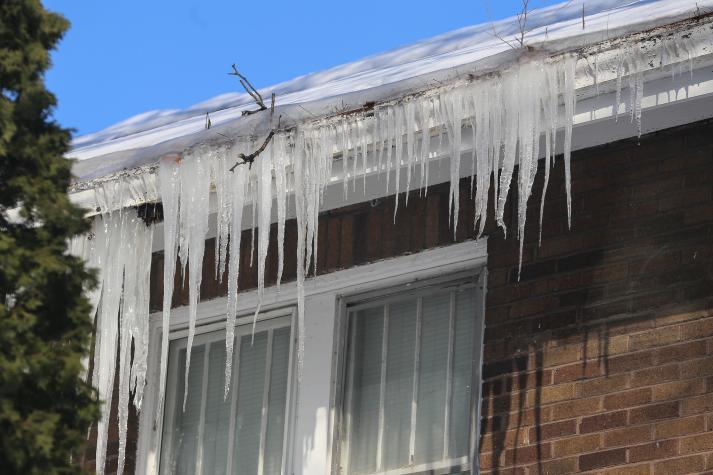
Winter weather resources from MU Extension
COLUMBIA, Mo. – MU Extension has resources to help you prepare for and respond to severe winter weather. Extended cold weather can freeze water in household plumbing. This can not only make your faucets run dry, it can result in burst pipes. Learn how to prevent or safely thaw frozen pipes.
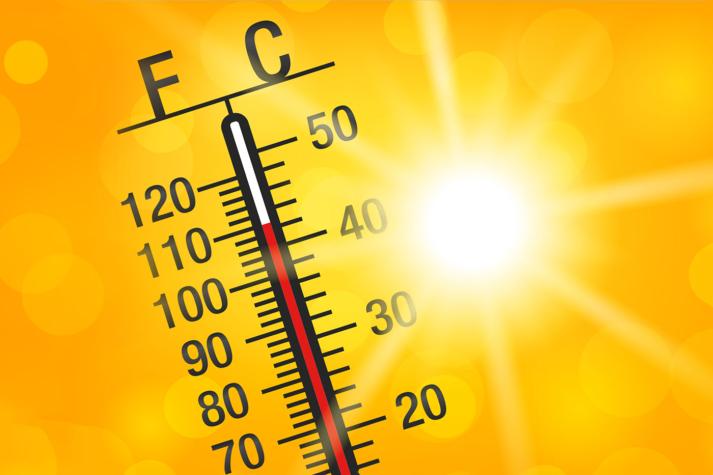
Beat the heat
Stay safe during summer heat with tips on hydration, shade, and cooling strategies for people, livestock, and gardens.

A vision for collaboration
David Baker, assistant dean emeritus in the MU College of Agriculture, Food and Natural Resources, was inducted into the 2025 Missouri Agriculture Hall of Fame. Baker is the first MU faculty member or administrator to be inducted.
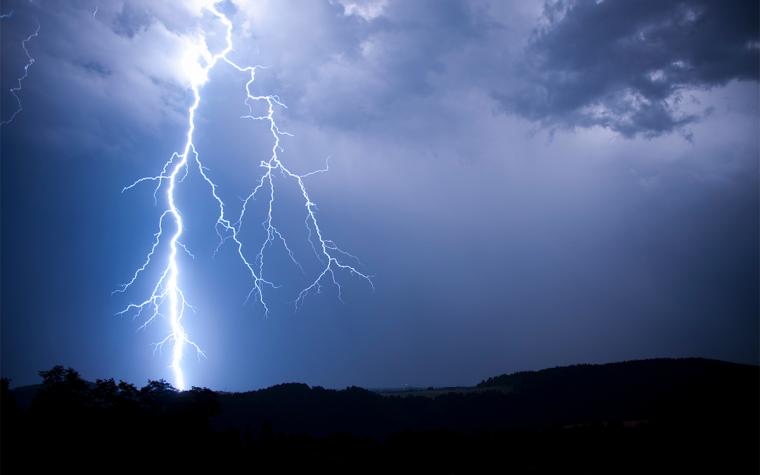
Severe weather resources from MU Extension
Prepare for Missouri's tornadoes, floods, and late-season winter storms with expert guidance, emergency kits, evacuation routes, and communication plans.
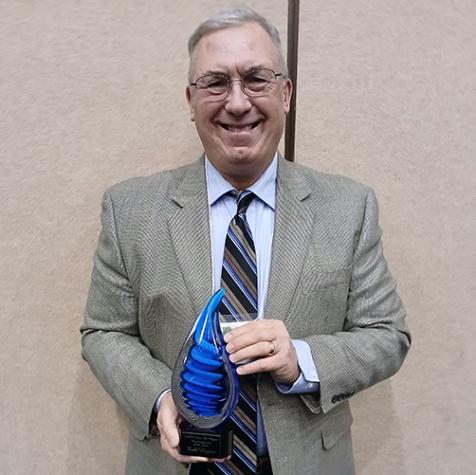
Extension horticulturist named Conservationist of the Year
Todd Higgins was honored as 2025 Conservationist of the Year for promoting soil health and conservation practices across northwest Missouri.
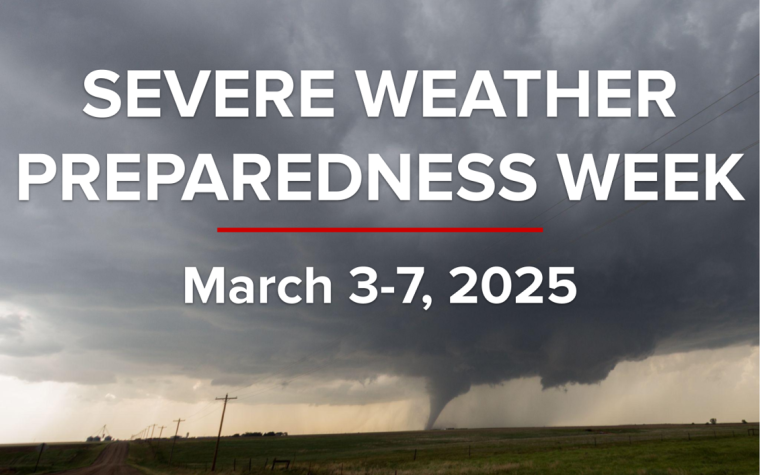
Resources for Severe Weather Preparedness Week
Access resources and tips to prepare for severe weather, including tornadoes, floods, and emergency planning.
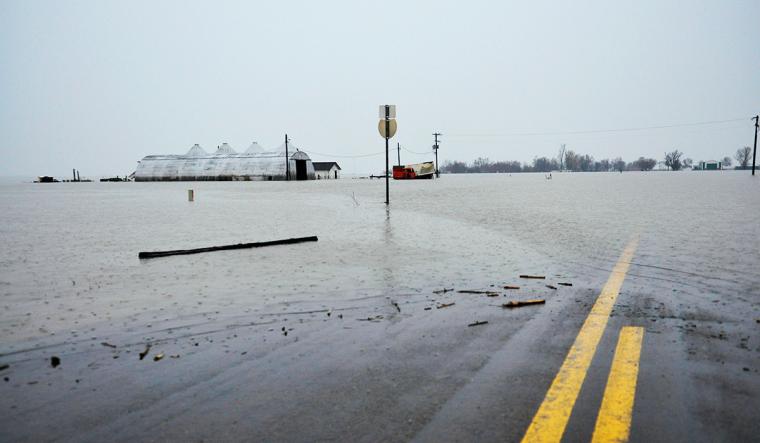
MU Extension offers tips for planning for disasters
Learn practical steps to prepare your family, home, and emergency supplies for disasters and unexpected events.
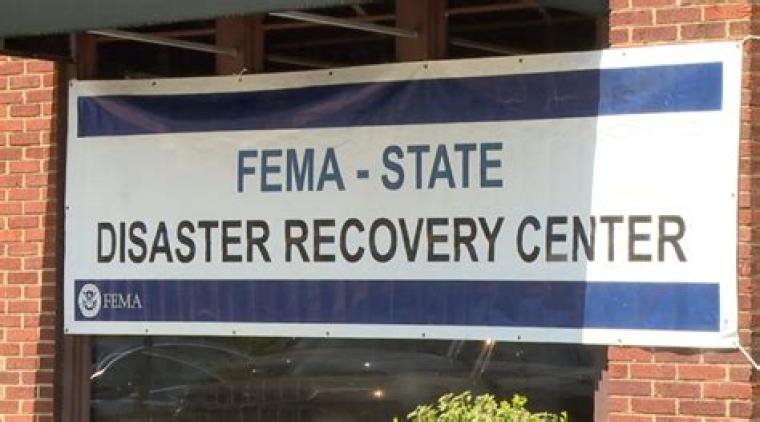
Federal disaster assistance available in southern Missouri
Federal aid available for southern Missouri residents and businesses affected by May 2024 storms and flooding.
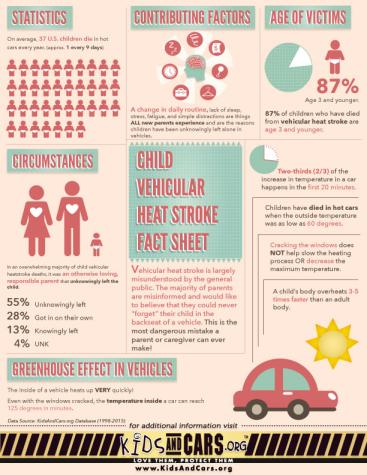
Heatstroke can kill quickly in hot cars
COLUMBIA, Mo. – When the news has another tragic story about a child accidentally left in a hot car, parents might believe they could never make a mistake like that. “It’s not just negligent parents or indifferent caregivers. When juggling the demands of work, parenting and daily life, it’s easier than you might think to make a simple but fatal mistake,” says Karen Funkenbusch, University of Missouri Extension health and safety…
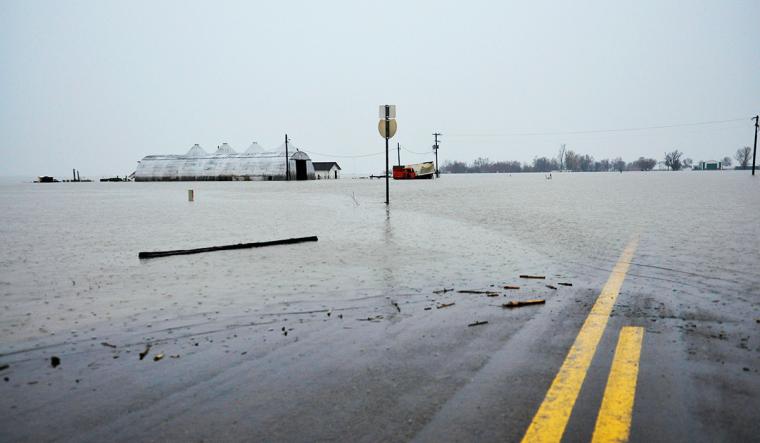
Severe-weather resources from MU Extension
Access free resources, guides, and videos to stay safe and prepared during severe weather and flooding emergencies.
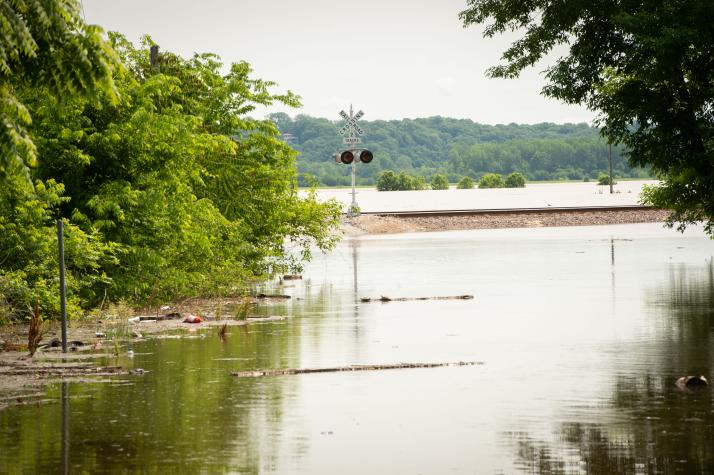
Flood-related resources from MU Extension
Access practical tips and guides to stay safe, protect property, and recover after floods.
3 keys to emergency preparedness
COLUMBIA, Mo.– While security experts and law enforcement personnel are determined to make sure events like the Boston Marathon bombing never happen again, emergency preparedness and personal safety begin with the individual, says a University of Missouri Extension emergency management specialist. Whether it’s an explosion, flooding or a tornado, Eric Evans says there are three basic things people need to be prepared for any emergency…
Creating an Emergency Kit
SPRINGFIELD, Mo. -- Greene County 4-H is partnering with the Greene County Office of Emergency Management to help youth and families get prepared for emergencies, and to get more youth interested in public safety careers. Teaching youth about emergency preparedness is important for several reasons according to Willa Williams, the new 4-H youth specialist in Greene County and also the Missouri 4-H youth preparedness program manager.
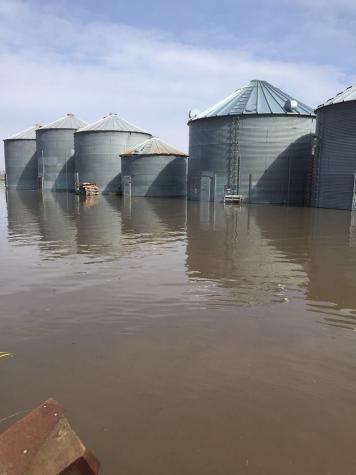
After the deluge
ROCK PORT, Mo. – Historic flooding along the Missouri River in 2019 has left many still repairing damage this fall. Cold, snowy weather in early 2019 set the stage for significant flooding in northwestern Missouri as spring approached, said University of Missouri Extension state climatologist Pat Guinan.
Develop a family crisis plan
COLUMBIA, Mo. – The best time to prepare for an emergency is when there is no emergency, says Karen Funkenbusch, University of Missouri Extension health and safety specialist. National Preparedness Month, sponsored by the Federal Emergency Management Agency (FEMA), is held annually in September and is a good time to develop a crisis plan, says Funkenbusch.
Be prepared for the next big storm
Preparedness tips & supply checklist to help households survive severe storms—food, water, shelter plans, and emergency kits all laid out.
Talking smoke detectors wake sleeping children better than shrill, beeping alarm
COLUMBIA, Mo. – The piercing 85-decibel alarm from smoke detectors will wake most adults with a start, but small children might sleep right through them.That’s why parents might want to consider an alarm that talks to their children in case of a fire, said Karen Funkenbusch, a University of Missouri safety specialist.
Considerations for using cover crops on prevent plant acres and/or following flood situations
Learn how cover crops can protect soil, control weeds, and provide forage on prevent-plant or post-flood acres.
MU expert recommends precautions to avoid frozen pipes
COLUMBIA, Mo. – Temperatures hovering near zero could mean problems with frozen water lines. Homeowners should take precautions to prevent pipes from freezing and know to how to thaw frozen pipes safely, according to University of Missouri Extension experts.
Elderly at special risk during frigid weather
COLUMBIA, Mo. –Frigid weather across the Midwest puts the elderly at special risk, said a University of Missouri Extension safety specialist. “Elderly in poorly heated homes or those of low income may unknowingly keep temperatures in a dangerous range in attempts to lower their heating bills.” said Karen Funkenbusch.
Winter power outages can lead to generator concerns
COLUMBIA, Mo. – Severe winter weather can bring widespread power outages, which means many Missouri families might be firing up their generators. University of Missouri Extension emergency management specialist Eric Evans urges people to use common sense when using a generator.
Ice melters may harm nearby trees
COLUMBIA, Mo.- Homeowners should be careful when using ice melters close to trees this winter, said a University of Missouri Extension forester. "Nearly all ice melters are salts," said Hank Stelzer. They work by lowering the freezing point of water to well below 32 degrees.
MU Extension expert recommends replacing older smoke detectors
COLUMBIA, Mo. – Even if you regularly check the batteries and test your home smoke detectors, you may not be alerted if a fire breaks out.Residential fires accounted for 83 percent of fire deaths in the United States during 2011-2013. Deaths are twice as high in homes without smoke alarms or with nonworking alarms, according to the National Fire Protection Association.
How to replace lost documents after a disaster or loss
Learn how to replace lost or destroyed documents like IDs, deeds, and certificates after a disaster or personal loss.
